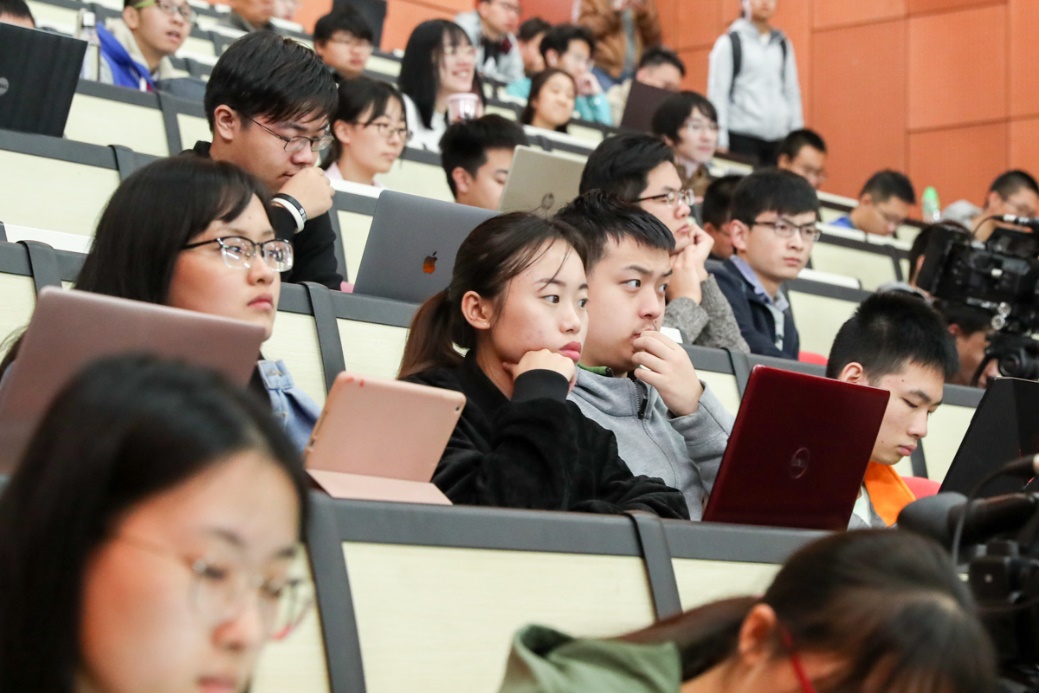In the final days of 2018, Professor Yan Buke of the Center for Ancient Chinese History of Peking University gave a speech about ancient electoral systems for Chinese officials. His lecture covered the transformation from hereditary appointments to meritocracy, covering a period of time from the Zhou to Qing Dynasties. The lecture was hosted by Director of the Humanities Center Chen Yuehong.
Yan Buke is a professor at the Center for Chinese Ancient History Studies at Peking University and a winner of Peking University’s highest teaching achievement award. Yan Buke’s main works include “The History of Changes in the System of Inspection and Examination,” “The History of Political Achievements of Scholars and Scholars,” “Taste and Position: Research on the Official System of the Qin, Han, Wei, Jin, Southern, and Northern Dynasties.”

During his lecture, Yan Buke pointed out that the greatest feature of ancient Chinese society was its bureaucracy. This feature has made the selection of officials for the royal court very important. The official electoral system has changed with the transformation of political systems in the three thousand years time since the Zhou Dynasty.
The hereditary system of the Zhou Dynasty (which is called Shiqing Shilu System in ancient China) was an aristocratic politic. It relied on kinship and had influenced important political aspects including positions and riches. The inspection system of the Han Dynasty had two major subjects, Te Ke and Sui Ke. Teke was random and instant, while Sui Ke was held once a year. Both Te Ke and Sui Ke were based on commendations from ministers or local officials.
In the Han Dynasty, there was also the privileged electoral system. This system was based on the positions of one family. If the father has a term of office of three years, one of his sons would also have an official position. Also, respected officials could divide scholars into nine grades based on their virtue, and assign them positions based on this rank.
During the Tang Dynasty, Menyin system was popular, which was another form of the family-based electoral system. The imperial examination system in the Tang and Song Dynasties were based on fair competition, giving opportunities to those of poor or lower status.
After the lecture, Yan Buke took several questions from the enthusiastic audiences.
Proofread ByChris Edwards
Photo ByZhang Xiaoyan, Zhang Lei